
New Drug Therapy Could Mitigate Graves Eye Disease
Success of phase 3 clinical trial evaluating teprotumumab for treatment of active thyroid eye disease (TED) brings drug a step closer to FDA approval.

Success of phase 3 clinical trial evaluating teprotumumab for treatment of active thyroid eye disease (TED) brings drug a step closer to FDA approval.

A group of University of Michigan Kellogg Eye Center doctors have devised an approach to help curb the nation’s opioid epidemic – starting at their own clinic.
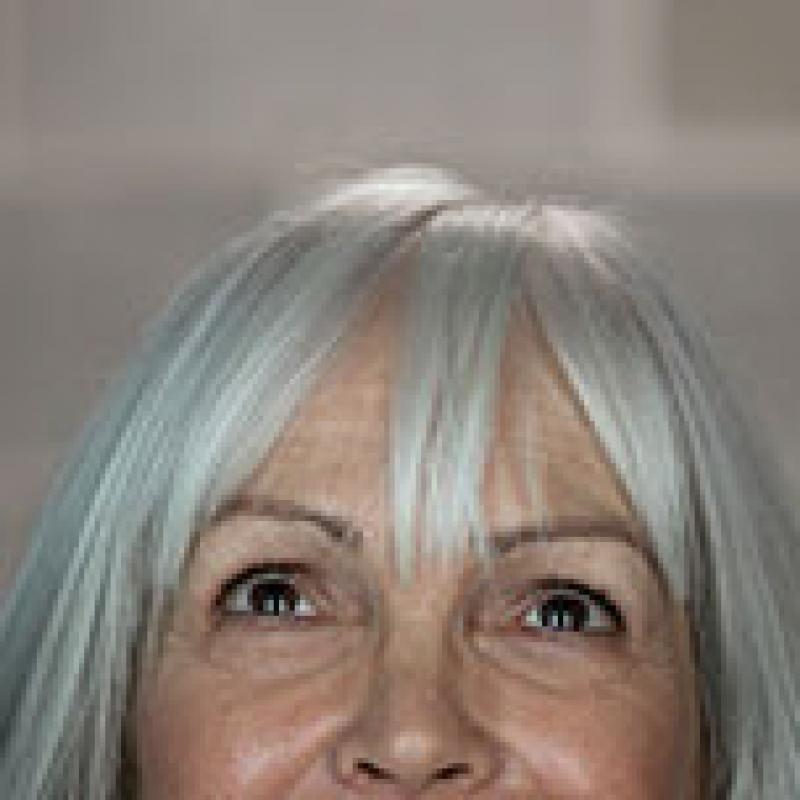
Large Kellogg Eye Center study shows shingles affecting the eye may be more of a problem for women and adults over age 75, two groups with the highest rates of infection
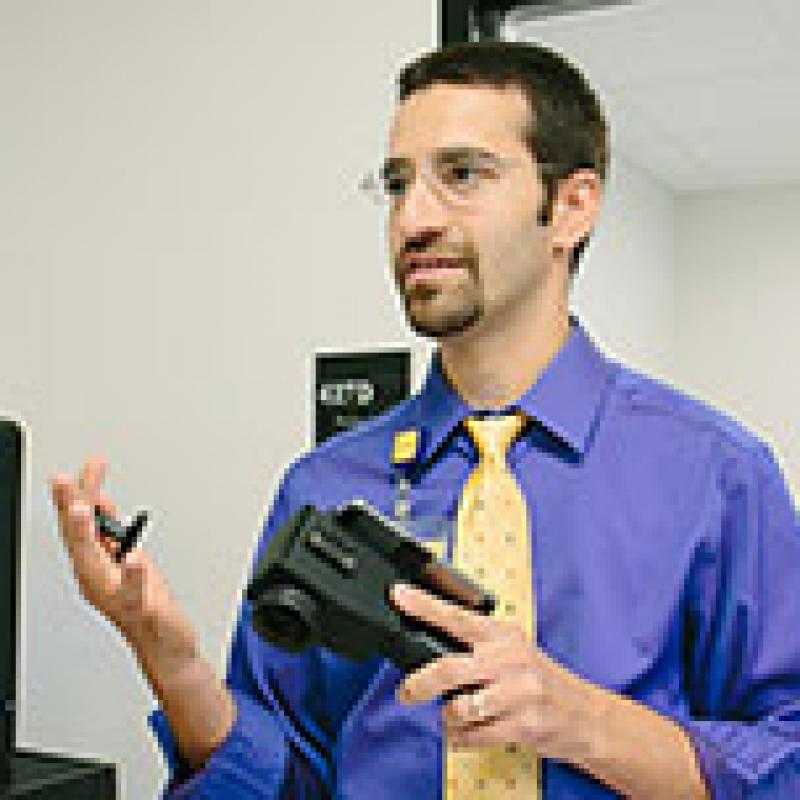
Pairing a smartphone to capture retinal images with artificial intelligence to interpret them may help overcome barriers to ophthalmic screening for the disease.

See what sight-saving work will be presented by Kellogg Eye Center eye and vision researchers at this year's Association for Research in Vision and Ophthalmology annual meeting in Vancouver, British Columbia.
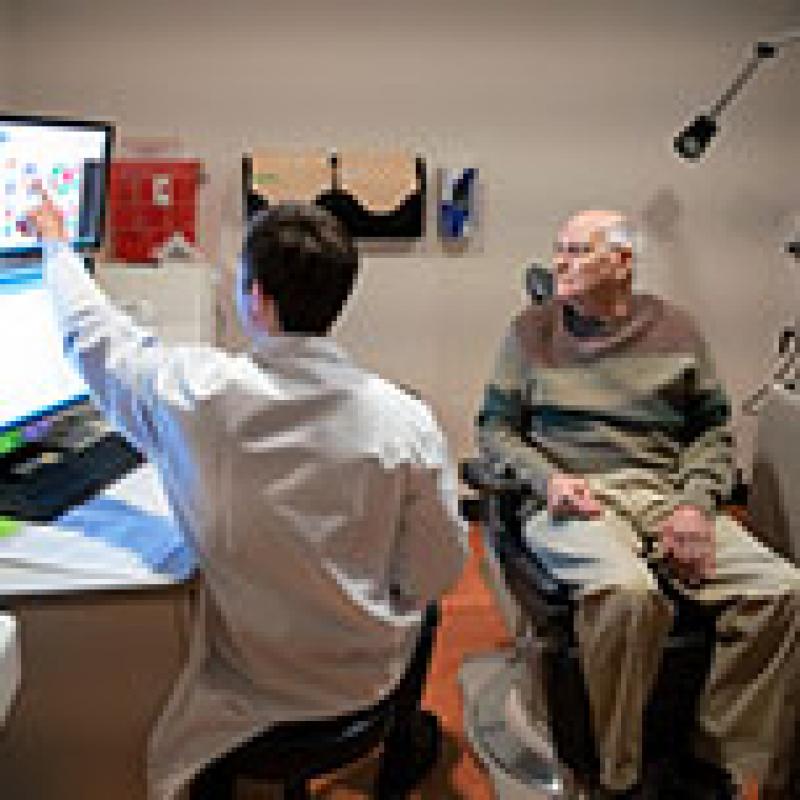
A Kellogg Eye Center study finds great promise in corneal transplants for patients who suffer shingles and develop subsequent vision-limiting corneal scarring.
The award provides talented young ophthalmologist with funding for postgraduate studies in ophthalmology.
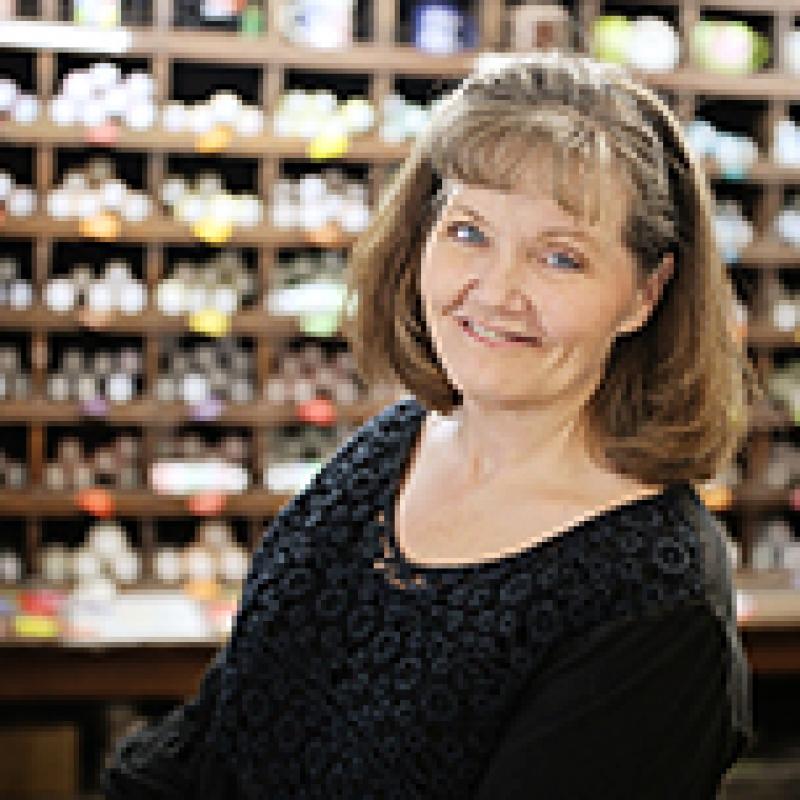
Acanthamoeba eye infections in contact lens wearers are rare but serious, and these infections often start because of improper lens handling and poor hygiene.

One of the lesser-known consequences of osteogenesis imperfecta – brittle bone disease – is an increased risk of eye diseases like glaucoma. Patients of all ages should receive annual ophthalmic screenings.
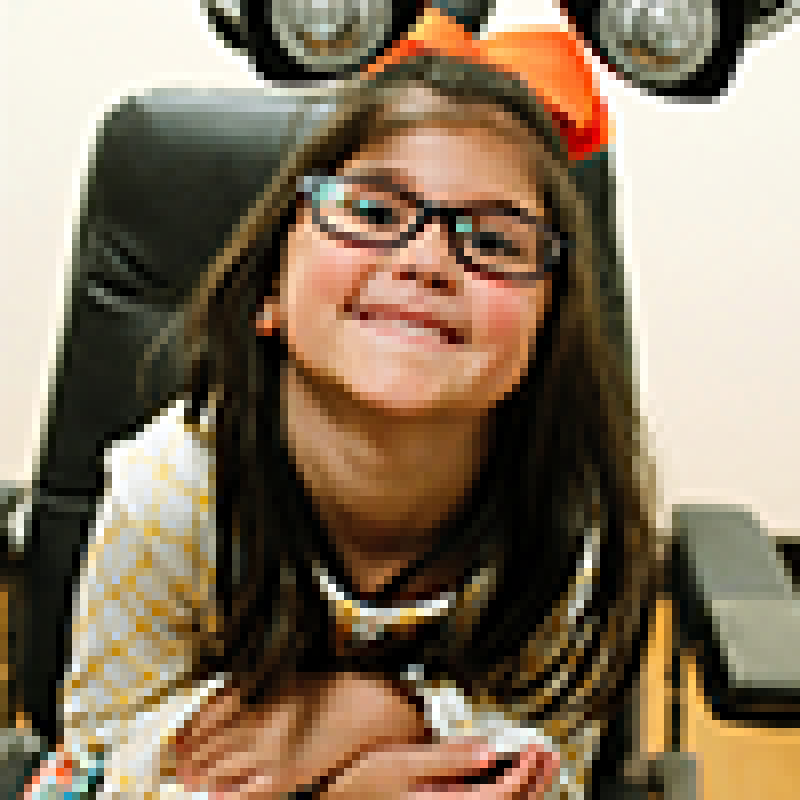
Advances in gene therapy are yielding new options for treating inherited retinal degenerations, giving retina specialists new tools — and new hope for patients and families.
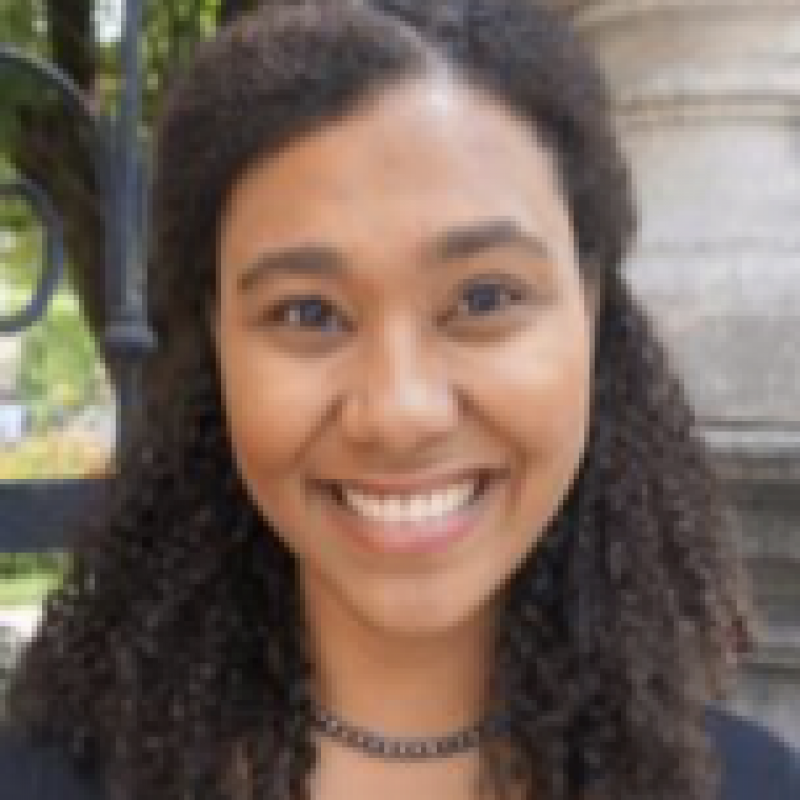
We are pleased to announce the resident class of 2023. This accomplished group of physicians will join the Kellogg Eye Center in July 2019 for their joint Internal Medicine preliminary year.
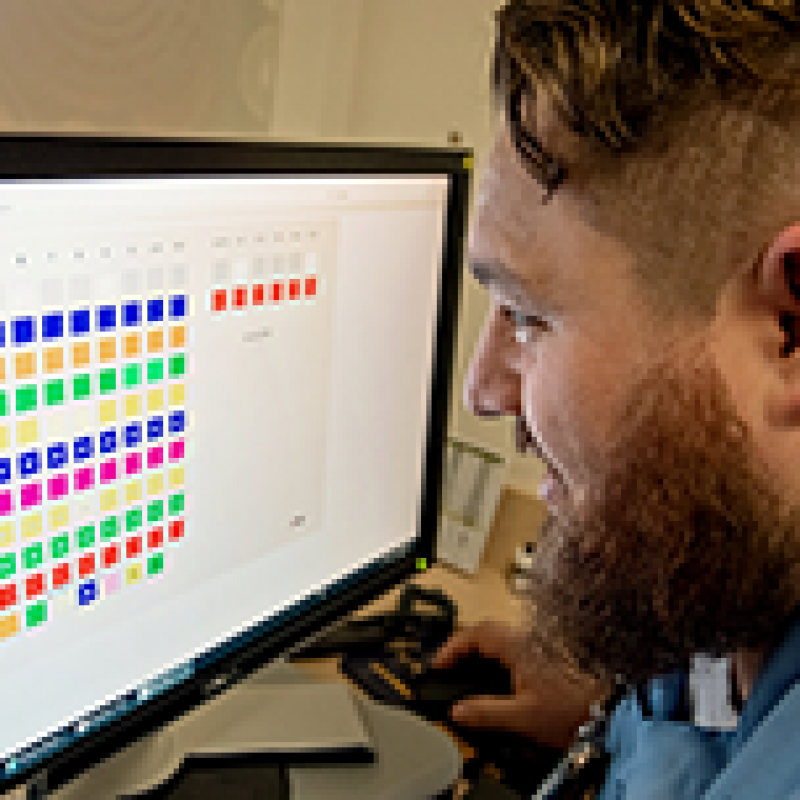
A popular type of data collection is helping Kellogg providers make visits more meaningful for patients and reduce wait times.
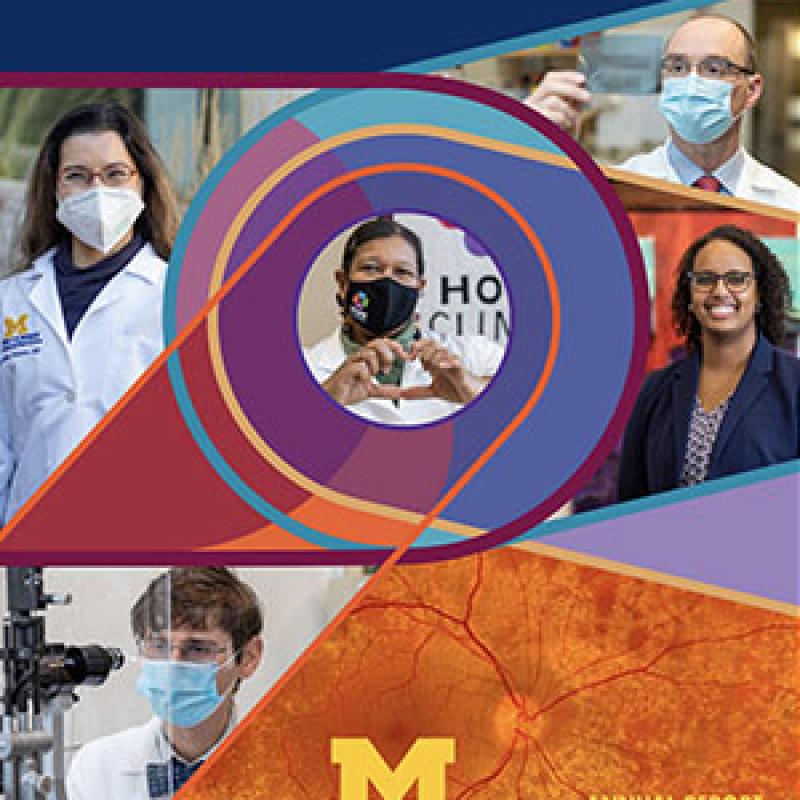
Top ranked University of Michigan Kellogg Eye Center has released its 2018 annual report, chronicling research advances, groundbreaking innovation, improved patient safety and effectiveness of care, alumni updates and news of global outreach initiatives.
Congratulations to our senior residents who have matched with outstanding fellowship programs and to our incoming fellows for the 2019-2020 academic year.
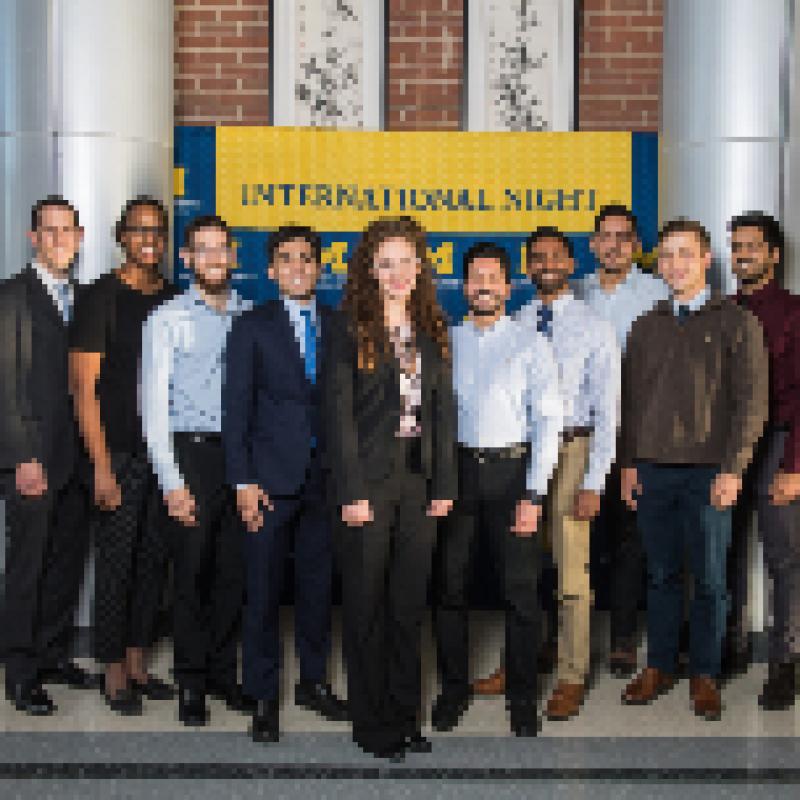
Kellogg’s 6 th annual International Night on October 23, 2018 drew over 150 attendees, including over 100 U-M medical students.
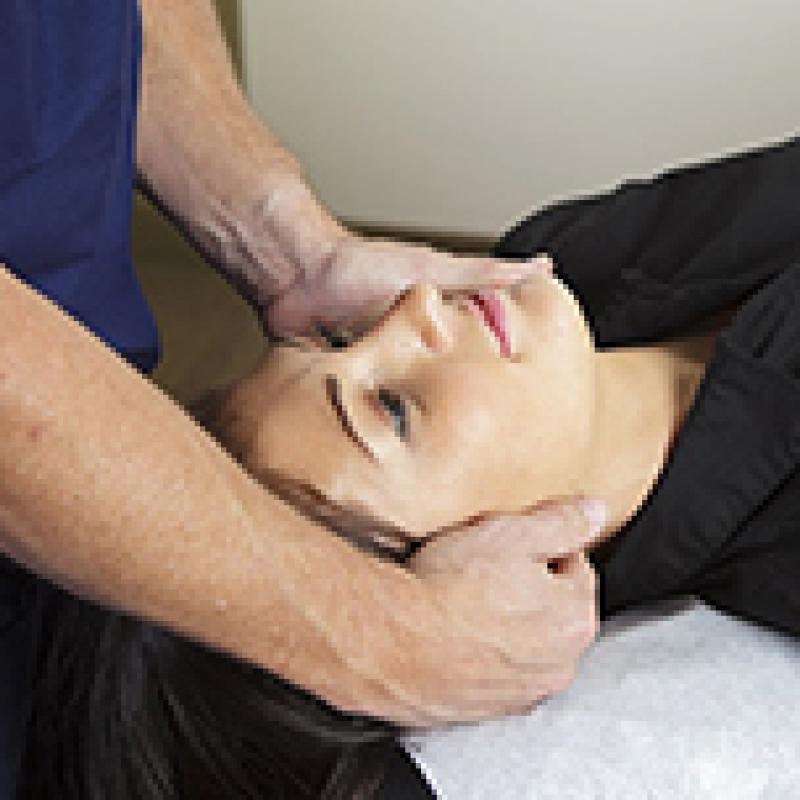
In rare occurrences, forceful manipulation of the neck is linked to a damaging side effect: bleeding inside the eye and related vision problems

Low vision devices improve the quality of life and the ability of visually impaired patients to do important everyday activities, but there is significant inequality in the use of this technology by older adults.

Poll finds primary care providers play a key role in vision care after 50; convenience, cost and lack of insurance coverage also affect eye care decisions.

A fishing accident could have robbed a young boy of sight in his left eye. His vision was restored thanks to a donated cornea and transplant surgery.

Thomas Wubben, MD, PhD, earns prestigious Michels Fellowship Award